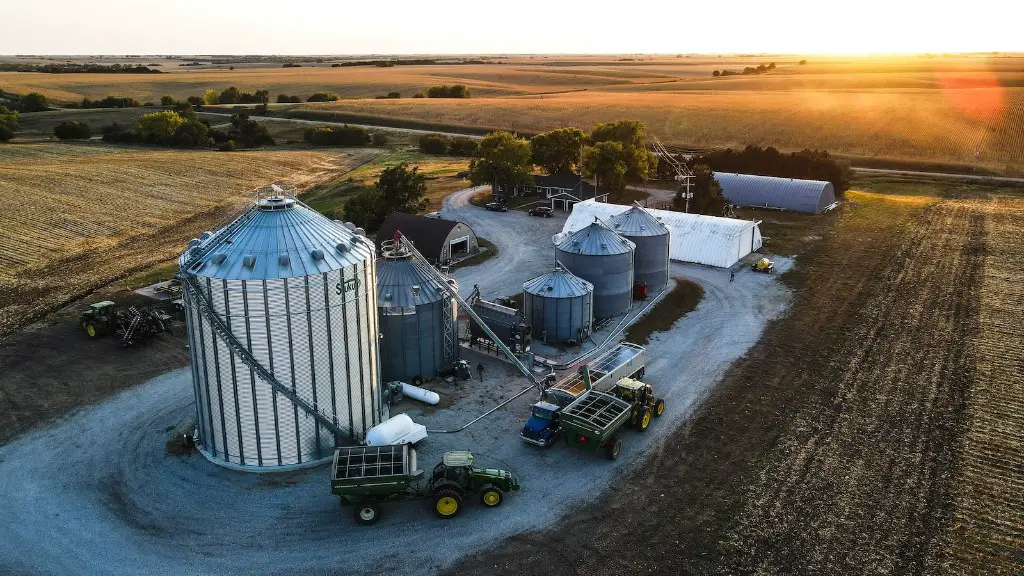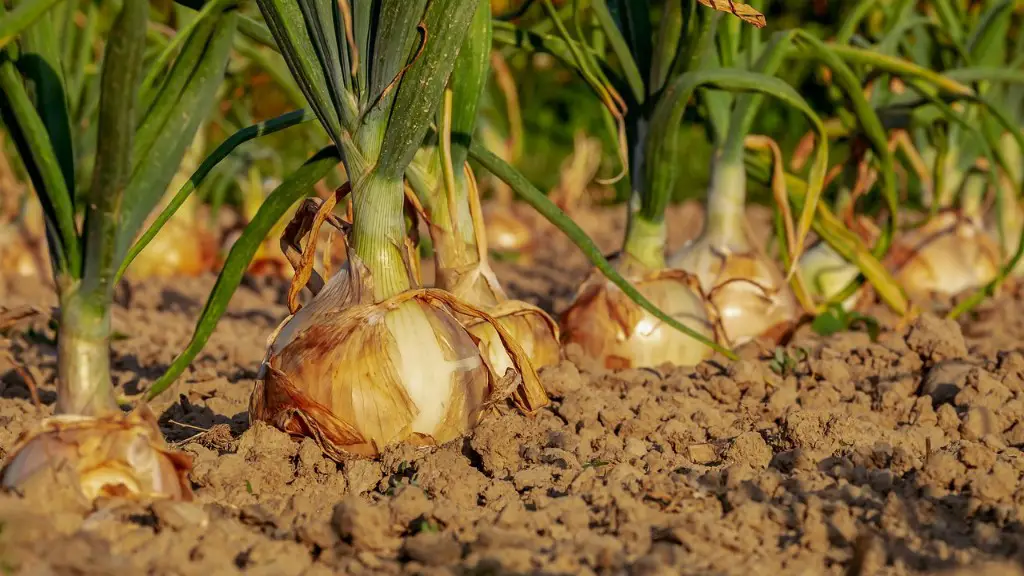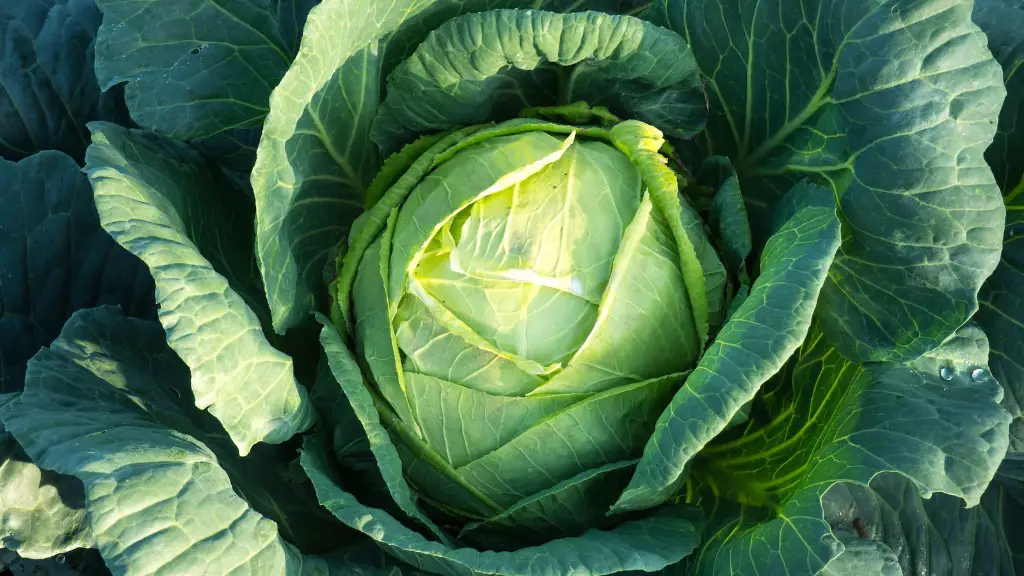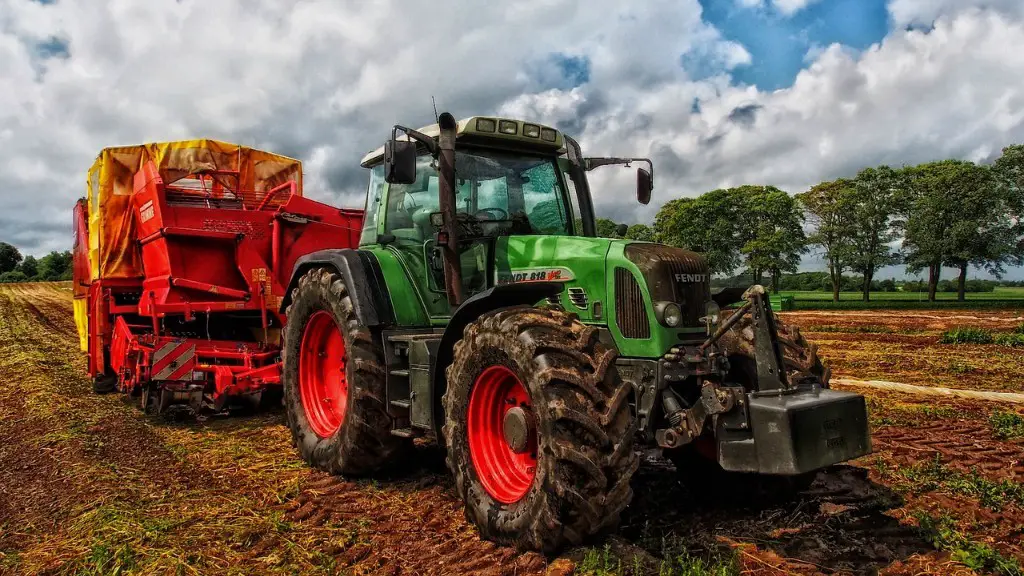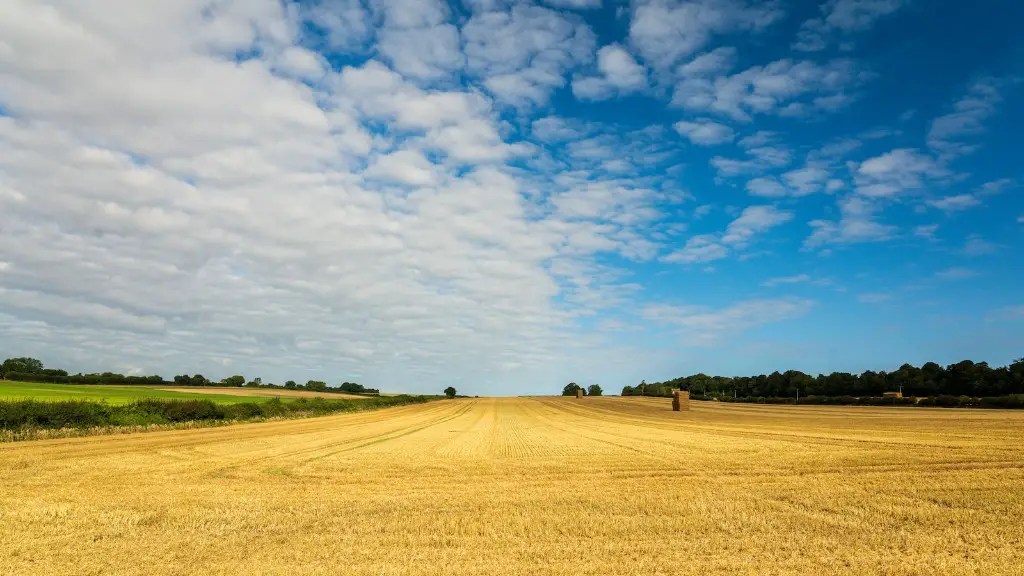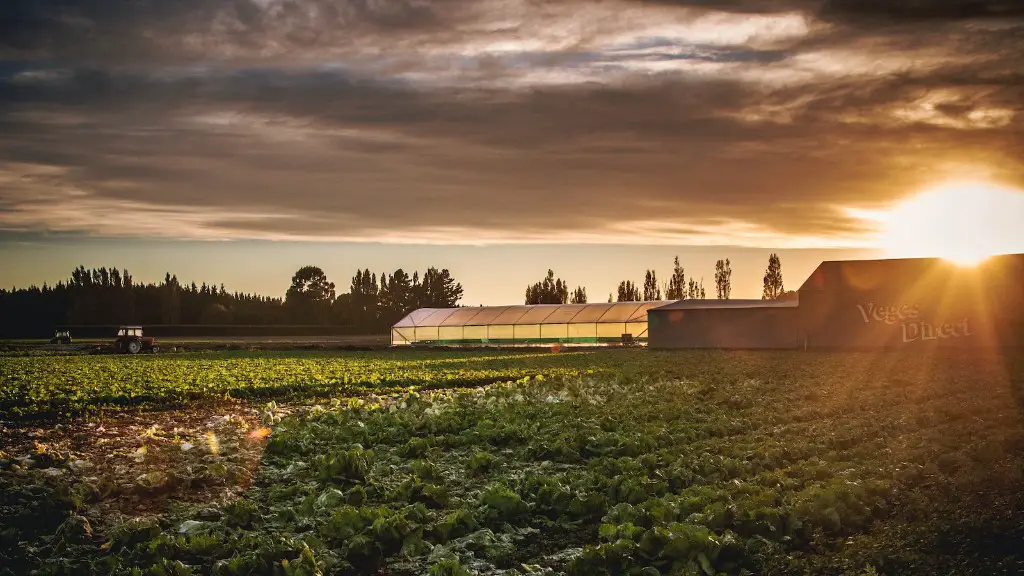Agricultural production in Bangladesh is currently constrained by a lack of access to quality inputs and services, limited use of improved production technologies, and insufficient investment in agricultural research and development. In order to improve agriculture in Bangladesh, it is essential to address these underlying constraints.
One way to improve access to quality inputs and services is to increase public and private sector investment in agricultural research and development. This will help to develop new and improved production technologies that can be made available to farmers. In addition, increasing investment in extension services can help to disseminate information about the use of these new technologies to farmers.
Another way to improve agriculture in Bangladesh is to increase levels of investment in the agricultural sector. This can be done through both public and private sector investment. Increasing investment will help to fund the development of new infrastructure, such as irrigation systems, and will also help to finance the purchase of quality inputs, such as seeds and fertilizer.
Finally, it is also important to promote policies that support the growth of the agricultural sector. This includes policies that provide preferential access to markets for agricultural products, as well as those that reduce the costs of doing business in the agricultural sector. By taking steps to address these underlying constraints, it will be possible to significantly improve agriculture in
There is no single silver bullet to improve agriculture in Bangladesh. A variety of factors must be considered in any agricultural development plan, including natural resources, local market conditions, farmer preferences, and international trade opportunities. Some potential interventions to improve agriculture in Bangladesh are:
1. Improving irrigation and water management. Bangladesh is an agricultural country where most farmers depend on rainwater for their crops. However, due to climate change, the country is facing more extreme weather conditions, including more frequent and intense floods and droughts. This makes it difficult for farmers to predict when they will have access to water for irrigation and when they will need to ration their water use. Improving irrigation and water management can help farmers to better deal with these extreme weather conditions and protect their crops.
2. Promoting efficient use of fertilizer. Fertilizer is an important input for agriculture, but it is also a major source of pollution in Bangladesh. Runoff from agricultural fields can contaminate surface and groundwater with harmful chemicals, and the improper disposal of fertilizer waste can lead to environmental degradation. Promoting the efficient use of fertilizer can help reduce these negative environmental impacts.
3. Supporting smallholder farmers. Smallholder farmers account for the vast majority of farmers in Bangladesh. They
What are 4 ways to improve the agriculture?
Mark Jones is a renowned agricultural economist and his ideas on developing high-yield crops, boosting irrigation, increasing the use of fertilizers, improving market access, regulations, and governance, making better use of information technology, and adopting genetically modified (GM) crops are very relevant and worth considering. His ideas on reforming land ownership with productivity and inclusiveness in mind are particularly timely and important.
The government of India has been taking various measures to boost agricultural development in the country. Some of these measures are:
1. Efficient markets: The government is working towards creating more efficient markets for agricultural produce. This will help farmers get better prices for their produce and will also ensure that there is adequate supply of food in the country.
2. Irrigation augmentation and management: The government is investing heavily in augmenting and managing irrigation facilities in the country. This will help increase agricultural production, as well as reduce the dependence of farmers on rainfall.
3. Agri-credit and crop insurance: The government is providing credit and insurance facilities to farmers to help them manage risks associated with agriculture. This will help reduce financial losses for farmers in case of crop failure or other adverse events.
4. Adoption of new technologies: The government is promoting the adoption of new technologies by farmers to improve agricultural productivity. This includes the use of genetically modified seeds, better irrigation methods, and use of modern farm equipment.
5. Enhancement of soil quality: The government is taking measures to improve the quality of soil in the country. This will help improve the fertility of the soil and will also help reduce soil erosion.
What are the main problems of agriculture in Bangladesh
The agricultural sector in any country is vital to its economy and food security. However, in recent years, this sector has faced various challenges such as reducing per capita arable land, increasing population, decreasing land productivity, and increasing demand for agricultural products. Thus, the country’s fertile land resources need to be used sustainably by adopting alternative use.
The government has taken a number of steps to develop the agricultural sector. These steps include expanding small irrigation facilities, reducing water logging, and producing improved quality and high-yielding varieties of seeds. The government has also implemented a number of policies to preserve and distribute these seeds.
What are three techniques that improved agriculture?
Seed, irrigation, and fertilizers have all improved vastly, helping farmers increase yields. This is due to better technology and understanding of how these things work. Farmers are now able to get more out of their land and produce higher quality crops.
The land tenure system in Nigeria is inadequate and needs to be improved. The Land Use Decree of 1978 should be fully implemented in order to help solve the problem of inadequate land. The government can also acquire land for farm settlement schemes and encourage cooperative farms. Farmers should also practice crop rotation in order to improve the land tenure system.
How can government improve agricultural production?
The provision of good roads and other infrastructure is essential to support food production, movement and storage. Fertilizer should be made available to farmers at a reasonable cost to improve soil fertility and boost crop production. Training of local farmers in modern day farming techniques will improve their skills and productivity.
renewable energy, reduction in fossil fuel use, and afforestation are all mitigation strategies recommended by the IPCC to combat climate change. sustainable crop production requires a combination of chemical fertilizers and organic manure, with costly non-urea fertilizers needing to be subsidized in order to be economically viable.
Is Bangladesh good for agriculture
Bangladesh is an agricultural powerhouse, thanks to its vast and fertile land. The country produces a variety of agricultural products such as rice, wheat, corn, legumes, fruits, vegetables, meat, fish, seafood, and dairy products. Rice is the main staple in the Bangladeshi diet, and it’s not surprising given that the crop is grown in nearly every part of the country. Bangladesh is also one of the world’s top producers of wheat, and the grain is a key component of many Bangladeshi dishes. Other popular crops include corn, legumes, and fruits and vegetables. Bangladesh’s agricultural output is essential to the country’s economy, and it plays a significant role in the diets of its citizens.
Soil quality, water quality, climate, and terrain are just a few of the environmental issues that may impact profits and productivity for farmers in any given growing season. In order to ensure that your farm is as productive as possible, it is important to be aware of these issues and take steps to mitigate their impact.
What is sustainable growth of agriculture in Bangladesh?
The goals of sustainable agriculture in Bangladesh are productivity, environmental stability, economic profitability and social and economic equity. Besides issues arising from agriculture in Bangladesh, climate change poses a serious threat to the country. In order to mitigate the effects of climate change and to ensure the sustainable development of agriculture in Bangladesh, various measures have been taken by the government, including the introduction of climate-smart agriculture, promotion of agroforestry, and provision of financial and technical assistance to farmers.
It is evident that increased household income from greater yields will have a profound impact on the overall quality of life for citizens of a country. With more money coming in, households will be able to afford better health and nutrition, education, and other necessary expenses. This increased standard of living will in turn reduce a nation’s dependency on other countries for the supply of basic agricultural commodities. Agricultural development is thus a key ingredient in achieving long-term economic stability and prosperity.
How to solve food insecurity in Bangladesh
Urban gardening is a great way to reduce food insecurity in Bangladesh. The FAO is exploring urban farming and rooftop vegetable gardens as one solution to food insecurity in Bangladesh. Fairer trade and fishing for sustainability are also great global challenges that need to be addressed.
Farmers must implement land reforms to improve productivity. This includes planting more densely, planting a variety of crops, raised beds, and smart water management. Heat tolerant varieties and use of nitrogen can also help improve productivity.
What are five good agricultural practices?
Good agricultural practices are essential for ensuring that animals remain healthy and producing quality milk. An effective health care program should be in place to prevent and manage diseases. Milking hygiene is crucial to preventing the spread of bacteria and ensuring that milk is safe to consume. Proper animal feeding and water management are essential for maintaining animal welfare and preventing environmental degradation.
The poor access to reliable and timely market information for farmers, the lack of supply & demand forecasting, the inefficient supply chains, inadequate cold storage facilities and the shortage of food processing units are all major problems that need to be addressed in order to improve the agricultural sector in India. These issues result in large intermediation between farmers and consumers, which ultimately leads to higher prices for consumers and lower incomes for farmers. It is essential that these problems are tackled in order to create a more efficient and fair agricultural system in India.
Conclusion
To improve agriculture in Bangladesh, the government should:
– provide access to quality seeds and fertilizer at affordable prices
– support farmers through irrigation and drainage infrastructure
– ensure agricultural research and training is relevant and accessible to farmers
– protect farmers from exploitation by powerful middlemen
In order to improve agriculture in Bangladesh, a few things need to happen. The government needs to invest more in the agricultural sector, including providing more subsidies and loans to farmers. In addition, there needs to be more education and extension services available to farmers so they can learn about new techniques and technologies. Finally, more infrastructure needs to be in place, such as better roads and irrigation systems, so that farmers can more easily transport their goods to market and get the water they need for their crops. If these things are done, agriculture in Bangladesh will improve and the standard of living for the people who depend on it will increase.
